
This logo isn't an ad or affiliate link. It's an organization that shares in our mission, and empowered the authors to share their insights in Byte form.
Rumie vets Bytes for compliance with our
Standards.
The organization is responsible for the completeness and reliability of the content.
Learn more
about how Rumie works with partners.
Have you ever wondered how a plant knows which way to grow — like, does it have a built-in GPS? Or how does it manage to sunbathe all day without getting sunburned? The world of plant science is full of fascinating (and sometimes mind-boggling) mysteries just waiting to be unraveled.
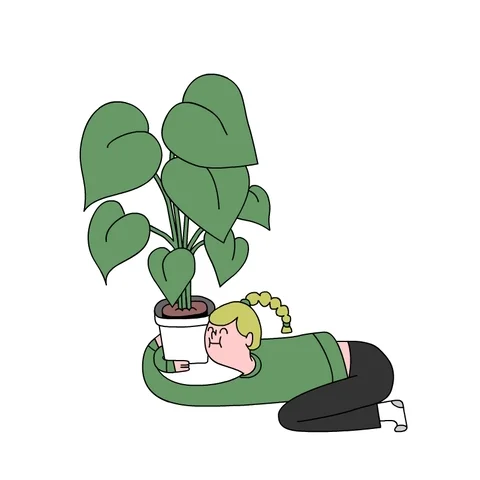
If you've ever been curious about the secret lives of plants, let's get growing!
Why Choose Plant Science?
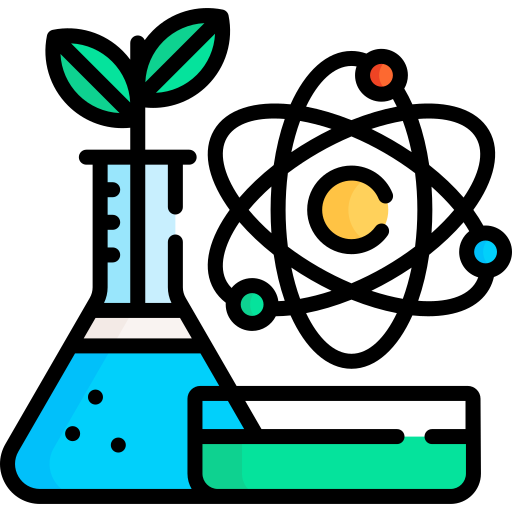
Plant science, or botany, is your go-to field if you’re all about saving the planet, digging into sustainable agriculture, or geeking out over how plants do their thing. With the world facing some serious vibes like:
climate change
Plant scientists are the real MVPs, coming up with game-changing solutions.
For example, they use drones and sensors to monitor crops. Farmers can quickly check the health of their plants, spot issues like pests or water shortages, and even spray fertilizers or pesticides more precisely.
This saves time, reduces waste, and helps grow healthier plants with less effort. It’s like giving farmers "eyes in the sky" to care for their fields better and faster.
If you’ve ever wondered...
how they vibe with their environment
how they can help tackle global challenges
...then plant science might just be your perfect match. 🌱
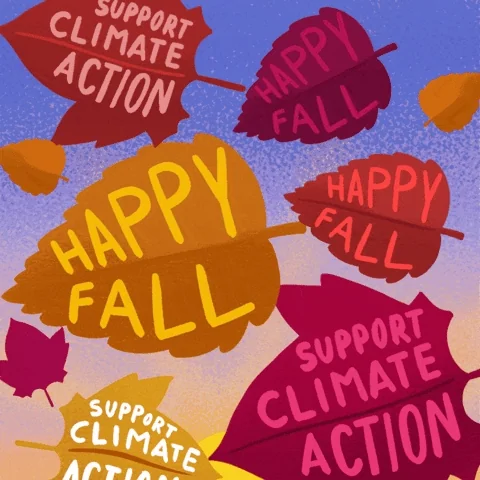
What Will You Learn?
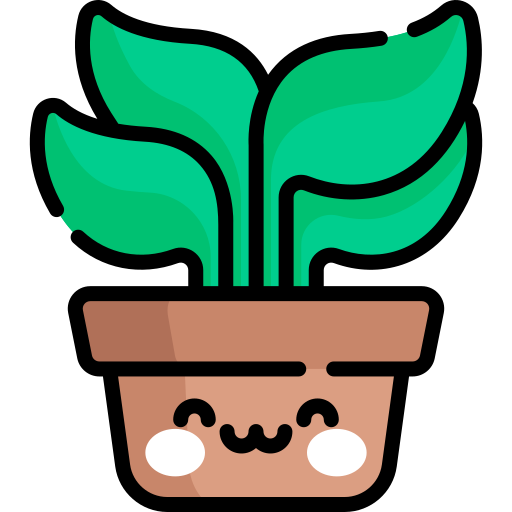
Plant Physiology
Understand how plants function, including photosynthesis, respiration, and nutrient uptake.
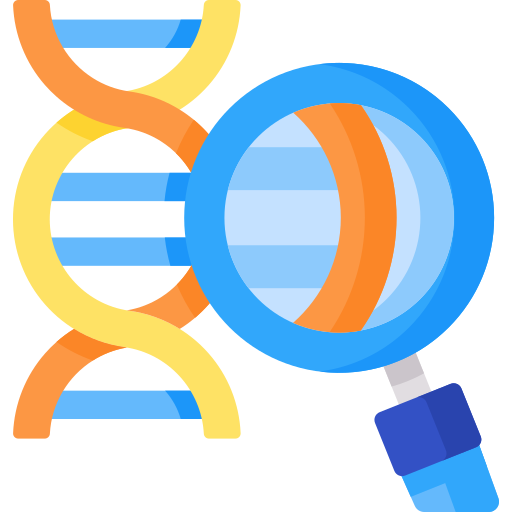
Genetics and Biotechnology
Explore how plant traits are inherited and how genetic engineering can create new plant varieties.

Ecology and Conservation
Learn about the role of plants in ecosystems and strategies for conserving plant biodiversity.
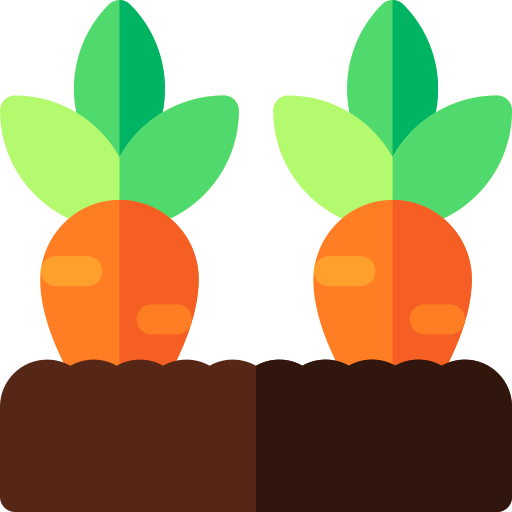
Horticulture and Agriculture
Study the practical applications of plant science in growing food, managing landscapes, and creating sustainable agricultural practices.
Quiz
You're a farmer facing a major drought in your area, and your crops are struggling. You want to find ways to make your plants more resilient to drought conditions. Based on what you’ve learned, which area of plant science would you study?
Genetics and biotechnology is the most effective option because genetic engineering allows for direct modifications to plant traits, such as improving drought tolerance. However, understanding plant physiology can also help optimize how plants use water and nutrients, while horticulture and agriculture offers practical methods for improving crop resilience through better farming techniques and resource management. Together, these areas can provide a comprehensive approach to addressing drought challenges.
Did you know?
Plants can throw shade — literally! When bugs start snacking on them, some plants send out "danger vibes" to warn their leafy neighbors to beef up their defenses. It’s like the plant version of spilling the tea! 🌿😎
Study Options

You can totally major or minor in plant science, and it’s super easy to mix it up with other cool subjects like environmental science, biotechnology, or agriculture. Some universities even offer specialized tracks within plant science — think crop science, horticulture, or plant ecology — so you can customize your degree like it’s your Spotify playlist. 🌱🎧
Majors you can study include:
botany
plant biotechnology
ecology and conservation
agronomy
plant pathology
plant physiology
environmental plant science
Potential Career Paths
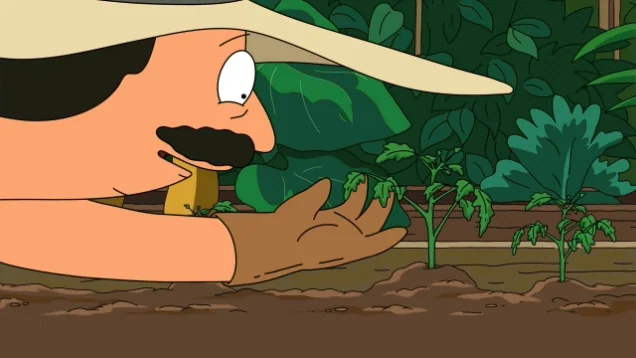
Graduates with a degree in plant science can pursue various exciting careers, including:
agronomist: Work to improve crop production and soil management.
plant biotechnologist: Use genetic engineering to develop new plant varieties with enhanced traits.
horticulturist: Manage gardens, landscapes, or specialized crops like fruits, vegetables, and ornamental plants.
conservation scientist: Protect plant species and habitats through research and fieldwork.
environmental consultant: Advise on sustainable practices in agriculture, land use, and natural resource management.
academic researcher or professor: Contribute to the scientific understanding of plants through research and teaching.

Further study options include pursuing a master’s or Ph.D. in specialized areas like:
plant pathology
plant genetics
Quiz
What sort of things might a horticulturalist do?
Horticulturalists design green spaces, care for plants, and breed new plant varieties. Their work focuses on plant cultivation, not animal care.
How to Prepare for the Program
To crush it in a plant science program, you’ll want to flex some serious skills in biology and chemistry. Think of your high school classes in these subjects as your launchpad.
Plus, if you’ve got some hands-on experience — like getting your hands dirty in a garden, working at a nursery, or helping out with environmental projects — you’re already ahead of the game.
Some programs might ask for prerequisites like intro bio or chem courses, so keep that on your radar.

And here’s a pro tip: building a portfolio that shows off your green thumb — whether it's from school gardens, science projects, or plant-related hobbies — can seriously boost your application.
Did you know?
Bananas are berries, but strawberries aren’t. In the wacky world of botany, bananas fit the berry definition, while strawberries don’t make the cut. Talk about an identity crisis in the fruit world! 🍌🍓
How to Succeed in the Program

Success in plant science requires a mix of academic and practical skills:
stay curious: Always ask questions about how plants work and why they behave the way they do.
engage in hands-on learning: Take advantage of lab work, field trips, and internships to gain practical experience.
network with professionals: Join student clubs related to plant science, attend seminars, and connect with professionals in the field.
stay organized: Balancing lab work, field studies, and classroom learning requires strong time management and organizational skills.
collaborate with peers: Plant science often involves group projects and research, so being a good team player is key.
Take Action
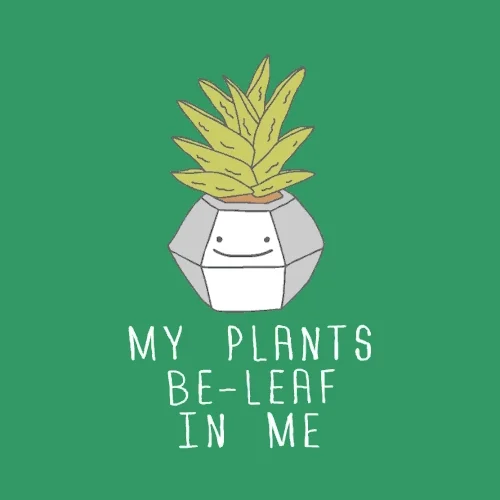
Remember, taking this step is your chance to channel that passion into something amazing. Sure, it can be a bit intimidating, but trust yourself, stay bold — and let your potential blossom like a sunflower reaching for the stars! 🌻✨
This Byte has been authored by
Miranda Walsh
Learning Designer
